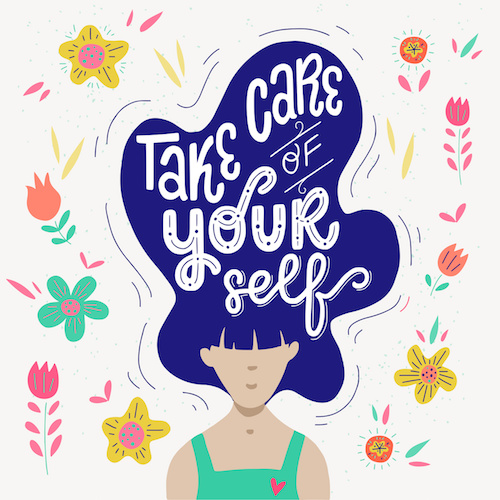Off the Record: mental health care remains inaccessible, unaffordable
In our increasingly competitive world, job opportunities are prioritized over lifelong experiences, business partnerships trump friendship and the desire for success overpowers happiness — at least that’s how it feels as I make the transition to in-person learning. It often feels as though returning in person produced a myriad of problems I didn’t have to deal with before or was content to ignore. Among the issues of college applications, social obligations and academics — to name a few — one that most, including myself, seem to forget is prioritizing mental health.
Sure, this may seem like a given. But the difference lies in the acknowledgement of a deteriorating mental health and action against it. This year, I promised to place a greater emphasis on my mental health, but imagine my surprise when I discovered how abstruse the mental health care system is.
If I began to list the countless problems I encountered with the system, I don’t believe I would stop — but the one that most strongly resonated with me was the high cost, and the general inaccessibility of resources that results.

In an alarming statistic, Reuters reported Americans spend more out-of-pocket money on mental health care, like medication and seeking help through licensed therapists, than they do on physical health care. This underscores the amount of Americans who clearly need and want more of an emphasis on mental health care.
Yet, the U.S. government only allocates 5.5% of its health spending to mental health care, PR Newswire reported. Additionally, accounting for the fact that not everyone can afford insurance, even a 30-day residential treatment or partial hospitalization program can cost on average $10,000 to $15,000. For example, someone with depression may be forced to spend an average of $10,836 a year on health costs, according to CNBC. The high cost of mental health care can often serve as a reason for people to deal with their problems on their own, even when they know they need help.
There should be an equal amount of attention given to mental health as there is to physical health, since our mental health often factors into our physical well-being. Those struggling should not feel like they cannot seek the help they need due to financial reasons. Mental health care is extremely inaccessible, and in order to save the lives of many who struggle to step forward, money should not be an additional obstacle. If the U.S. government responds to the increasing demand of mental health care by procuring more of the health budget into mental health care, this problem would be significantly alleviated.
Mental health care is clearly a focus for many Americans, but instead of grappling with how much money out of pocket it will cost, they should instead be allowed to prioritize getting the help they need. If I am ever feeling overwhelmed in school or need professional help with my mental health, that care should be available, affordable and accessible. This cardinal problem needs a solution to encourage more people to step forward and seek mental health care.







